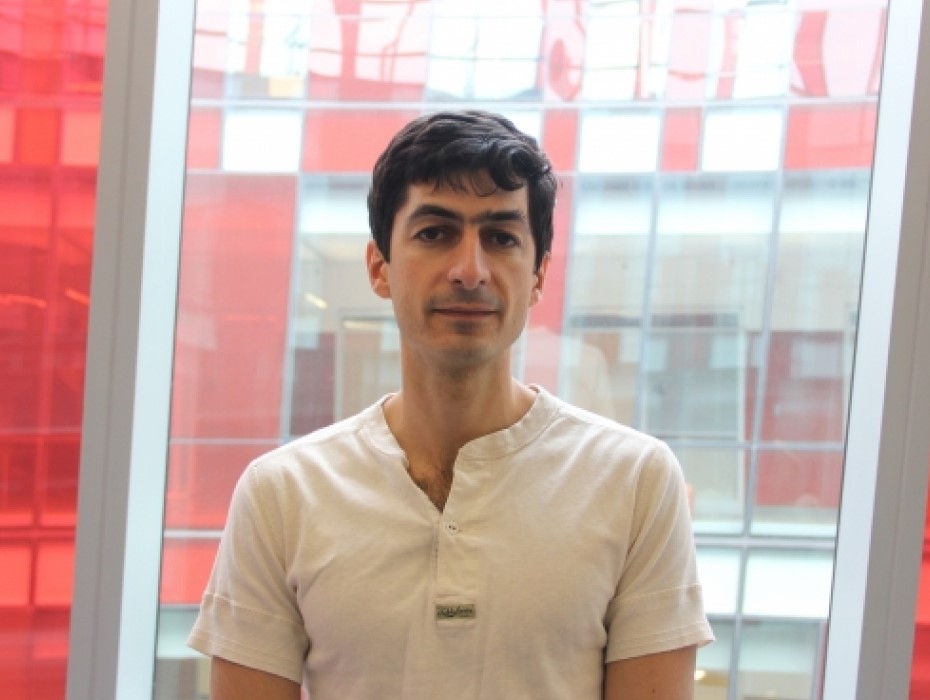Vladimir Manucharyan
Associate Professor, University of Maryland
Vladimir Manucharyan is an Associate Professor at the University of Maryland. He received his B.S. in 2003 from Moscow Institute of Physics and Technology and his Ph.D. in 2012 from Yale University. He was a Junior Fellow of the Society of Fellows of Harvard University during the period of 2010-2013. His research interests are mainly in quantum information processing with superconducting circuits. Vladimir is a recipient of Sloan Research Fellowship (2015), NSF CAREER Award (2015), DARPA Young Investigator Award (2017), DOE Early Career AWARD (2019), and Google Faculty Research Award (2019,2020). His lab creates quantum technology from capacitors, inductors, and Josephson junctions, the three elements of superconducting circuits. The interests include new qubits and gates for scalable quantum processors, quantum simulations of important many-body problems, quantum metrology, and mesoscopic superconductivity. Started in 2014, the laboratory is a part of the Department of Physics, Center for Quantum Materials, and the Joint Quantum Institute at the University of Maryland. The lab's achievements include: Fluxonium (most coherent superconducting qubit), Blochnium - the dual of transmon (completes the ``periodic" table of artificial circuit atoms), multiterminal Josephson effect in hybrid epitaxial junctions (a required component for braiding Majorana fermions), and observation of many-body states of radiation and inelastic scattering of single photons (analog simulator of quantum impurity models). Experimentation with Josephson junction chains yielded the highest impedance electromagnetic structures available today.
Session with this speaker:


Registration for ICQT-2023 is closed now. See you at ICQT-2025!
Confirm your email
An email confirming your email address has been sent to your mailbox.

